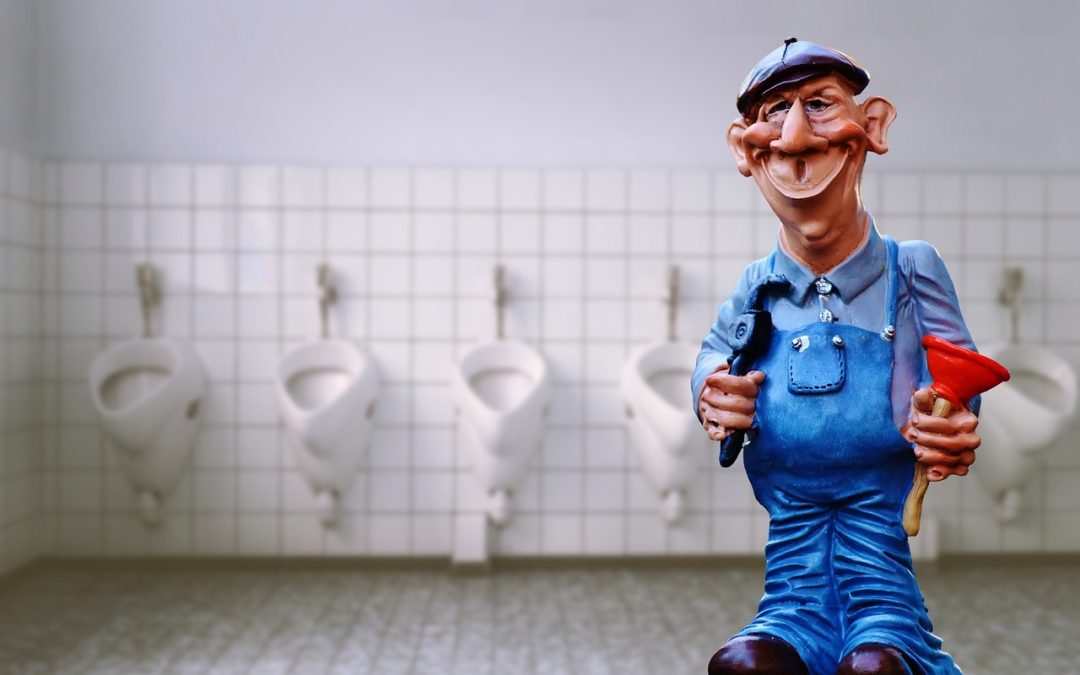Hey there! Got a question about how to get things moving in the bathroom department? Well, look no further! In this article, we’re going to delve into the topic of how to trigger a bowel movement. Whether you’re experiencing constipation or simply looking for ways to regulate your digestion, we’ve got you covered. So, sit back, relax, and get ready to discover some friendly tips and tricks to help you maintain a healthy flow down there.
Dietary Changes
Eat More Fiber
One of the most effective ways to stimulate a bowel movement is by increasing your fiber intake. Fiber adds bulk to your stool and helps it move through the intestines more easily. Include plenty of fruits, vegetables, whole grains, and legumes in your diet. These foods are rich in fiber and can promote regular bowel movements. Some high-fiber options include apples, berries, broccoli, oats, and lentils. Remember to gradually increase your fiber intake and drink enough water to prevent bloating and discomfort.
Increase Water Intake
Drinking an adequate amount of water is essential for maintaining healthy bowel movements. Water helps soften the stool, making it easier to pass. Aim to drink at least eight glasses of water per day, and even more if you exercise or live in a hot climate. If you find it difficult to drink plain water, you can add a slice of lemon or cucumber for flavor. It’s important to note that caffeine and alcohol can have a dehydrating effect, so try to limit your consumption of these beverages.
Try Probiotics
Probiotics are beneficial bacteria that contribute to a healthy balance in the gut. They can help improve digestion and regularize bowel movements. You can find probiotics in certain foods like yogurt, kefir, sauerkraut, and kimchi. Alternatively, you can opt for probiotic supplements, which are available in various forms such as capsules, powders, and tablets. Incorporating probiotics into your diet may help alleviate constipation and promote a healthy digestive system.
Avoid Trigger Foods and Beverages
Certain foods and beverages can contribute to constipation and should be avoided or minimized. These include processed foods, fried foods, dairy products, and sugary snacks. Additionally, reduce your intake of caffeine, as it can have a dehydrating effect on the body. Carbonated drinks and alcohol should also be consumed in moderation, as they can disrupt the digestive system. It’s important to pay attention to how your body reacts to different foods and make adjustments accordingly.
Consider a Gluten-Free Diet
For some individuals, gluten can be a trigger for constipation. If you suspect that gluten may be causing your bowel irregularities, you might consider adopting a gluten-free diet. Gluten is found in wheat, barley, and rye, so you’ll need to avoid products that contain these grains. Opt for gluten-free alternatives like quinoa, rice, oats, and corn. However, it’s important to consult with a healthcare professional before making any significant changes to your diet.
Include Healthy Fats
Incorporating healthy fats into your diet can also help promote regular bowel movements. Foods like avocados, nuts, seeds, and olive oil are rich in healthy fats that can lubricate the intestines and facilitate the passage of stool. These fats also provide essential nutrients for overall digestive health. However, it’s important to consume healthy fats in moderation as they are still high in calories. Aim to include a variety of fats in your diet to reap their benefits while maintaining a balanced overall intake.
Lifestyle Modifications
Regular Exercise
Engaging in regular physical activity is crucial for maintaining healthy bowel function. Exercise helps stimulate the muscles in your intestines, promoting better digestion and bowel movements. Aim for at least 30 minutes of moderate exercise most days of the week. Activities such as walking, jogging, swimming, yoga, and cycling can contribute to improved bowel regularity. Remember to consult with your healthcare provider before starting any new exercise program, especially if you have any underlying health conditions.
Stress Management
Stress can significantly impact your digestion and bowel movements. Finding effective stress management techniques can help you maintain regularity. Engage in activities that help you relax and unwind, such as deep breathing exercises, meditation, yoga, or engaging in hobbies that bring you joy. It’s important to identify stress triggers in your life and work on incorporating stress-reducing practices into your daily routine.
Establish a Routine
Establishing a regular routine for meals and bathroom visits can help regulate your bowel movements. Try to eat meals around the same time each day and make time for a bowel movement shortly after waking up or after a meal. Our bodies thrive on consistency, and establishing a routine can signal to your body that it’s time to move your bowels.
Positioning
The position in which you sit or squat can also impact your bowel movements. Using a footstool or a “Squatty Potty” can help to mimic a squatting position while sitting on the toilet. This position aligns the rectum and colon, making it easier for stool to pass through. Consider investing in a Squatty Potty or try placing your feet on a small stool or stack of books to achieve a similar effect.
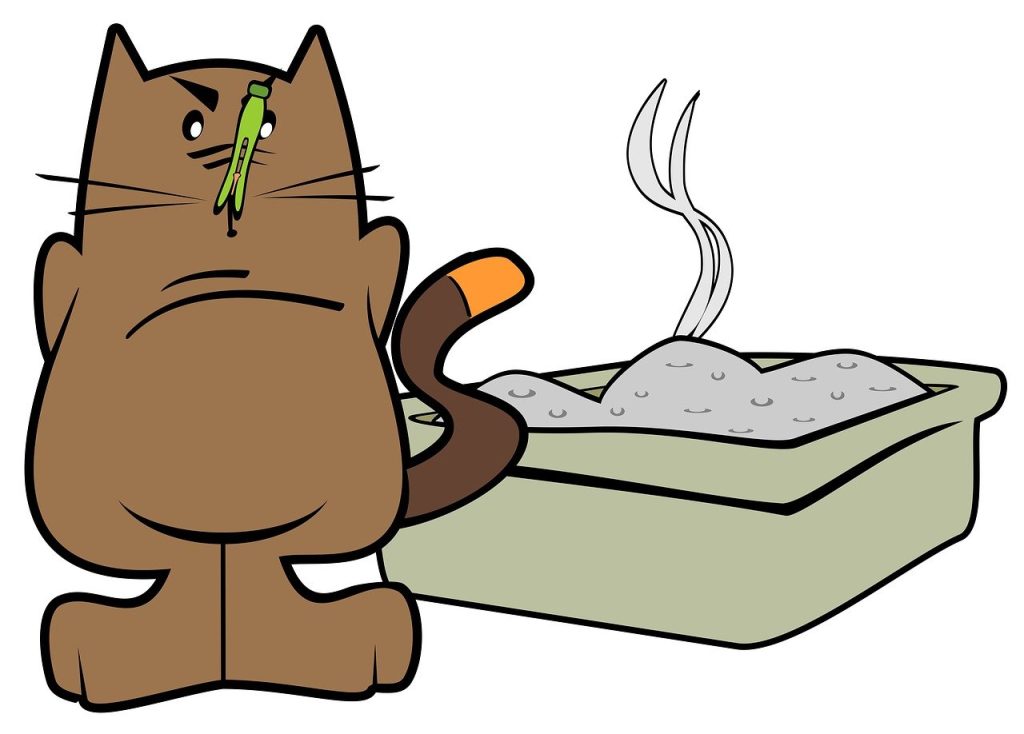
Natural Remedies
Herbal Teas
Certain herbal teas can help stimulate a bowel movement and provide relief from constipation. Senna tea, chamomile tea, and ginger tea are known for their digestive benefits. Senna tea contains compounds that can stimulate the intestines and promote bowel movements. Chamomile tea has calming properties and can help relax the muscles in the digestive system. Ginger tea is known for its anti-inflammatory properties and can help alleviate digestive discomfort. Enjoy a cup of these herbal teas to help promote regular bowel movements naturally.
Castor Oil
Castor oil has long been used as a natural remedy for constipation. It works by stimulating the intestines and promoting bowel contractions. However, it’s crucial to use castor oil with caution, as it can cause diarrhea and abdominal cramps if taken in excess. Consult with a healthcare professional for proper dosage and guidance before using castor oil as a constipation remedy.
Prune Juice
Prune juice is a natural laxative that can provide relief from constipation. It contains sorbitol, a sugar alcohol that draws water into the intestines, softening the stool and promoting bowel movements. Start with a small amount of prune juice and gradually increase your intake as tolerated. It’s important to note that prune juice can have a laxative effect, so it should be consumed in moderation.
Magnesium Supplements
Magnesium is an essential mineral that plays a role in muscle contraction, including the muscles in the digestive system. Taking magnesium supplements can help promote bowel movements by relaxing the intestinal muscles. However, it’s important to consult with a healthcare professional before starting any new supplement regimen, as they can interact with medications and have potential side effects.
Essential Oils
Certain essential oils can aid in relieving constipation and promoting healthy bowel movements. Peppermint oil is known for its digestive benefits and can help relax the muscles in the intestines. Dilute a few drops of peppermint oil with a carrier oil and massage it onto your abdomen in a clockwise motion. Other essential oils that can be beneficial include ginger oil, fennel oil, and lavender oil. Always dilute essential oils before topical use and consult with a professional aromatherapist for guidance.
Medical Options
Over-the-Counter Laxatives
Over-the-counter laxatives can be used for occasional constipation relief. There are different types of laxatives, including bulk-forming, osmotic, stimulant, and lubricant laxatives. Bulk-forming laxatives add bulk to the stool, osmotic laxatives draw water into the intestines, stimulant laxatives stimulate bowel contractions, and lubricant laxatives lubricate the stool and intestinal walls. It’s important to follow the instructions on the package and not rely on laxatives as a long-term solution without consulting a healthcare professional.
Prescription Medication
If lifestyle modifications and over-the-counter options are not providing relief, a healthcare professional may prescribe medication to help with chronic constipation. These medications can include prescription-strength laxatives, stool softeners, or medications that stimulate bowel movements. Always follow the prescribed dosage and consult with your healthcare provider if you have any concerns or questions.
Suppositories and Enemas
Suppositories and enemas are rectal treatments that can help relieve severe constipation. Suppositories are inserted into the rectum, where they dissolve and stimulate bowel movements. Enemas involve introducing fluid into the rectum and colon to soften the stool and stimulate bowel movements. Both suppositories and enemas should be used under the guidance of a healthcare professional, as they can cause side effects and should not be used as a long-term solution.
Biofeedback
Biofeedback is a treatment technique that can help train the muscles involved in bowel movements. It involves using sensors to provide feedback on muscle activity, allowing individuals to learn how to control muscle contractions effectively. Biofeedback therapy can be beneficial for individuals with chronic constipation or pelvic floor dysfunction. Consult with a healthcare professional or specialist who specializes in biofeedback therapy to determine if this treatment option is suitable for you.
Surgery
In rare cases, surgery may be recommended for individuals with severe, persistent constipation that does not respond to other treatment options. Surgical procedures may involve removing a portion of the colon, repairing or removing obstructions, or correcting structural abnormalities. Surgery is typically considered a last resort and is only recommended after careful evaluation and discussion with a healthcare professional.
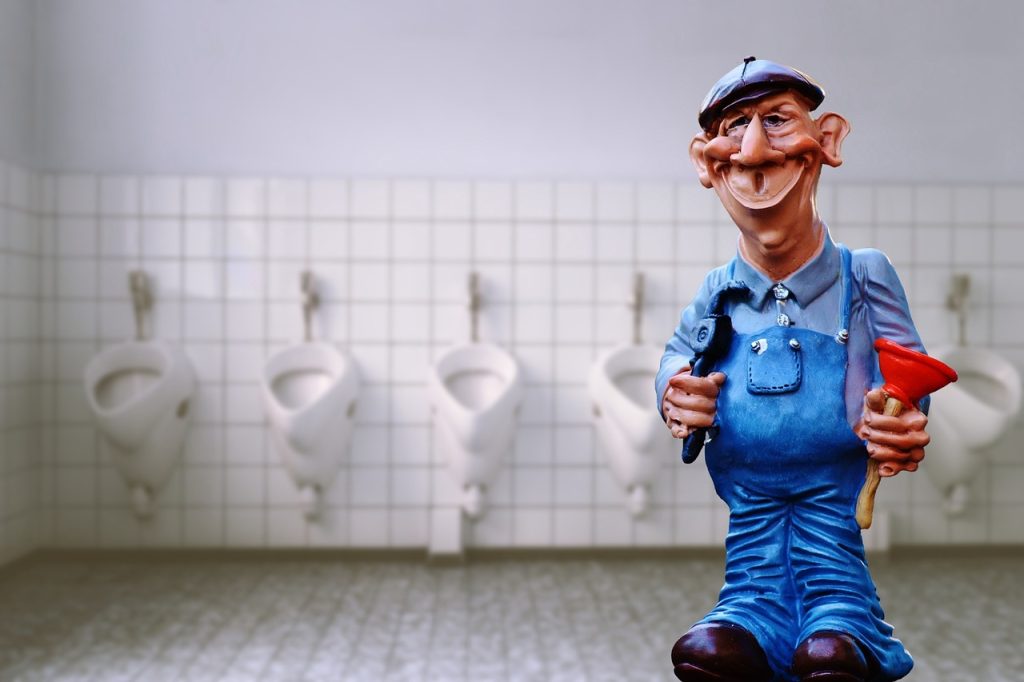
Hygiene Practices
Maintain Good Bathroom Habits
Maintaining good bathroom habits can help promote healthy bowel movements. Find a comfortable and quiet place to sit when using the toilet. It’s important to relax and allow your body to properly initiate the bowel movement. Try to avoid straining or rushing, as this can contribute to constipation.
Use Squatty Potty
A Squatty Potty is a footstool that can be placed in front of the toilet to help achieve a squatting position while sitting. This position aligns the rectum and colon, allowing for easier passage of stool. Using a Squatty Potty can help optimize your restroom experience and promote more efficient bowel movements. Consider investing in a Squatty Potty or using a footstool to experience the benefits of this position.
Follow Proper Wiping Technique
After a bowel movement, it’s essential to follow proper wiping technique to maintain good hygiene. Remember to wipe from front to back to prevent the spread of bacteria. Using moistened wipes or a bidet can also help ensure cleanliness and minimize irritation.
Practice Bowel Massage
Bowel massage is a technique that can help stimulate bowel movements and relieve constipation. To perform a bowel massage, use gentle circular motions on your abdomen, starting from the lower right side and moving clockwise. This can help stimulate the intestines and promote the movement of stool. Consider incorporating bowel massage into your daily routine to support healthy bowel function.
Seeking Professional Help
Visit a Gastroenterologist
If you are experiencing chronic constipation that does not improve with lifestyle modifications, it’s important to consult a gastroenterologist. A gastroenterologist specializes in digestive disorders and can evaluate your symptoms, provide a diagnosis, and develop a customized treatment plan. They may perform additional tests, such as a colonoscopy or imaging studies, to identify any underlying causes of your constipation.
Consult a Registered Dietitian
A registered dietitian can play a significant role in managing constipation through dietary modifications. They can assess your current eating habits, identify potential trigger foods, and develop a personalized meal plan that promotes healthy bowel movements. A dietitian can also provide guidance on appropriate fiber intake, hydration, and other dietary factors that can impact your digestive health.
Speak with a Therapist
Sometimes constipation can be caused or worsened by psychological factors such as stress, anxiety, or a history of trauma. If you suspect that emotional factors may be contributing to your constipation, consider seeking the help of a therapist or counselor. They can work with you to identify and address any underlying psychological triggers that may be affecting your bowel movements.
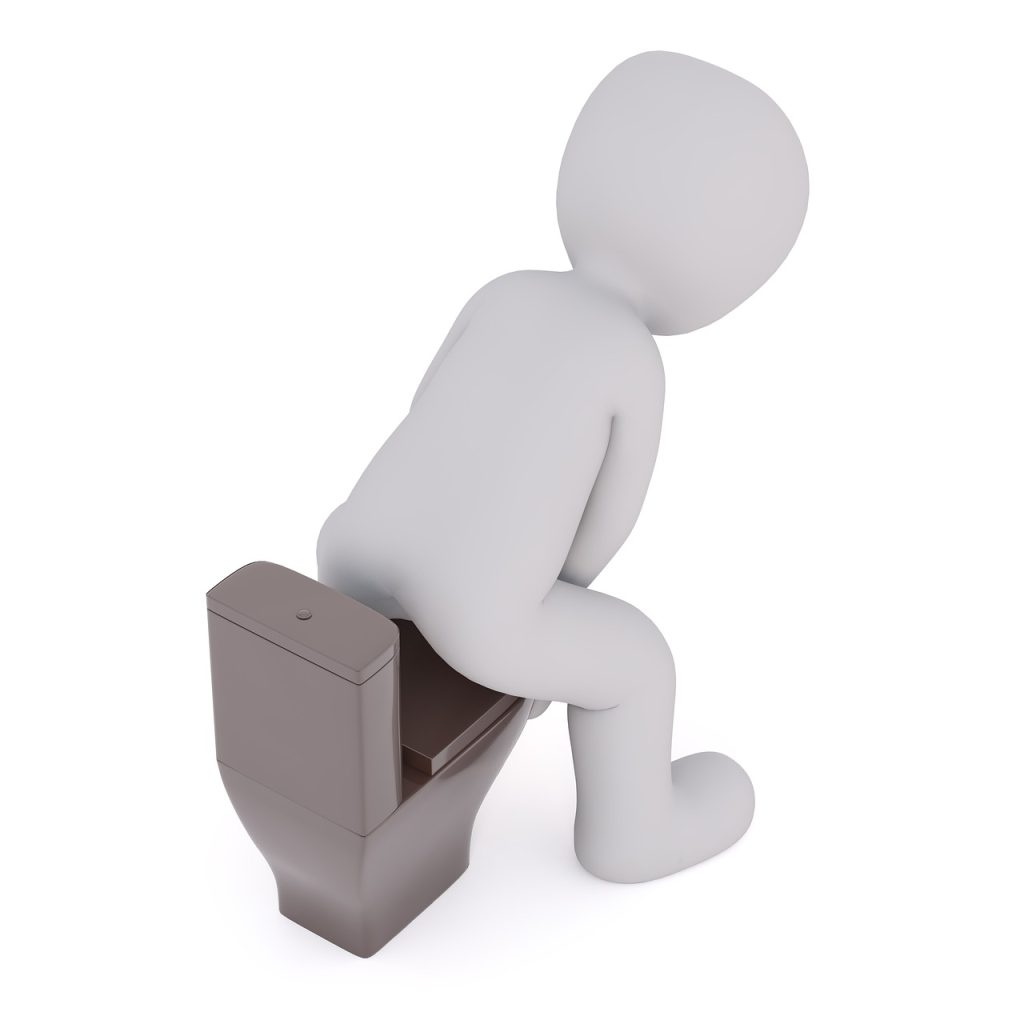
Home Remedies
Hot Water or Epsom Salt Bath
Taking a hot water or Epsom salt bath can help relax the body, including the muscles in the digestive system. The warm water can help stimulate bowel movements and provide relief from constipation. Soak in a warm bath for 15-20 minutes or as long as desired to experience the relaxing and digestive benefits.
Honey or Lemon Water
Starting your day with a glass of warm water with lemon or honey can help stimulate your digestive system. Lemon water helps promote hydration and supports healthy bowel movements. Honey, with its mild laxative properties, can also provide relief from constipation. Squeeze half a lemon or add a teaspoon of honey to a glass of warm water and drink it in the mornings to reap these benefits.
Warm Drinks
Drinking warm liquids like herbal tea, warm water, or warm broth can also help stimulate bowel movements. Warm liquids have a mild laxative effect and can help soften the stool. Sip on warm drinks throughout the day to promote healthy digestion and regular bowel movements.
Abdominal Massage
Massaging your abdomen in a gentle, circular motion can help stimulate the intestines and promote bowel movements. Use your fingertips to apply light pressure and massage your abdomen in a clockwise direction. This massage technique can help relieve constipation and support a healthy digestive system. Incorporate abdominal massage into your daily self-care routine for optimal benefits.
Acupressure
Acupressure is an ancient practice that involves applying pressure to specific points on the body to promote healing and relieve symptoms. There are several acupressure points that can help stimulate bowel movements and relieve constipation. The “Sea of Energy” point, located about two finger widths below the belly button, is one such point. Apply gentle pressure with your fingertips to this point in a circular motion for a few minutes to stimulate bowel activity.
Prevention Strategies
Stay Hydrated
Maintaining proper hydration is essential for preventing constipation. Drink plenty of water throughout the day to keep your stool soft and easy to pass. If you struggle to drink enough water, try flavoring it with a slice of lemon or cucumber for added taste.
Eat a Balanced Diet
Eating a balanced diet is crucial for maintaining regular bowel movements. Include a variety of fruits, vegetables, whole grains, and lean proteins in your meals. A well-balanced diet ensures that you are getting the necessary nutrients and fiber needed for healthy digestion.
Exercise Regularly
Engaging in regular physical activity helps stimulate the muscles in your digestive system and supports regular bowel movements. Aim for at least 30 minutes of moderate exercise most days of the week. Find activities that you enjoy and make exercise a part of your daily routine.
Manage Stress
Stress can disrupt your digestive system and contribute to constipation. Find healthy ways to manage stress, such as practicing relaxation techniques, engaging in hobbies, spending time with loved ones, or seeking counseling if needed. Prioritize self-care and stress management to support a healthy bowel function.
Maintain a Healthy Weight
Maintaining a healthy weight is essential for overall health, including proper bowel function. Excess weight can put pressure on the abdomen and disrupt the digestive system. Follow a balanced diet and engage in regular physical activity to maintain a healthy weight and support a healthy digestive system.
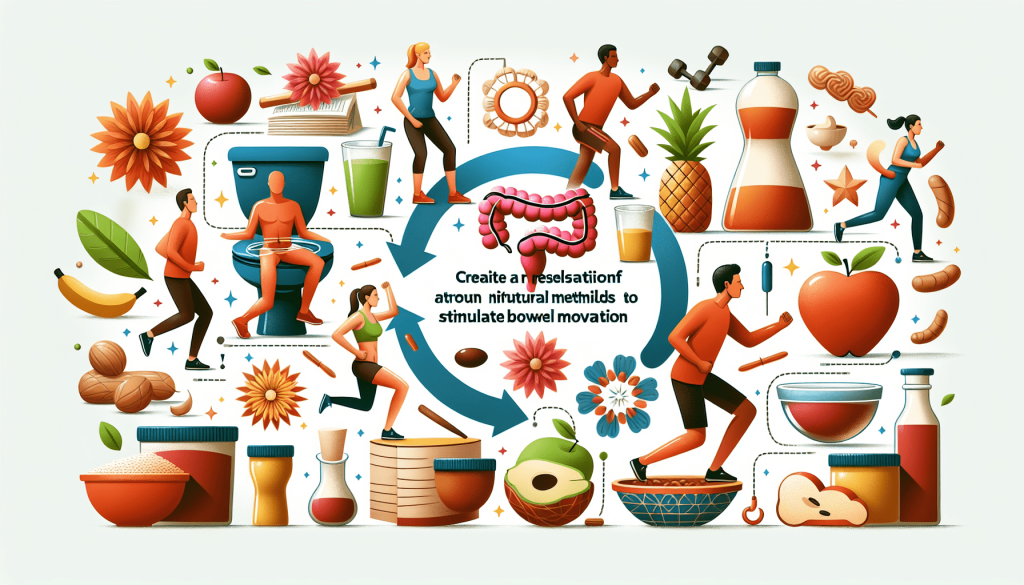
Maintaining Proper Bathroom Habits
Listen to Your Body
One of the most important aspects of maintaining proper bathroom habits is listening to your body’s cues. Pay attention to the urge to have a bowel movement and respond promptly. Ignoring or delaying the urge can contribute to constipation. Trust your body’s natural signals and prioritize bathroom breaks when needed.
Don’t Force or Rush
Forcing a bowel movement or rushing through the process can lead to straining and constipation. Allow your body to naturally initiate the bowel movement without exerting excessive pressure. Give yourself enough time to complete the process comfortably.
Take Your Time
When using the toilet, take your time to ensure that you have fully emptied your bowels. Rushing can leave behind stool, leading to feelings of incomplete evacuation. Sit comfortably and be patient until you feel satisfied that you have finished.
Establish a Regular Schedule
Establishing a regular schedule for bowel movements can help train your body to have consistent and predictable movements. Try to have a bowel movement at the same time each day, preferably after waking up or after a meal. The body responds well to routine, and establishing a regular schedule can promote regularity.
Keep a Bathroom Diary
Keeping track of your bowel movements in a bathroom diary can provide valuable insight into your digestive health. Note the date, time, consistency, and any accompanying symptoms or changes in your routine. This information can be helpful when discussing your symptoms with a healthcare professional and assessing the effectiveness of any treatment strategies.
When to Seek Medical Attention
Chronic Constipation
If you experience chronic constipation, characterized by infrequent bowel movements and difficulty passing stool, it’s important to seek medical attention. Chronic constipation may be an indication of an underlying medical condition that needs to be addressed.
Sudden Changes in Bowel Habits
If you notice sudden changes in your bowel habits, such as a significant increase or decrease in frequency, consistency, or color, it’s important to consult with a healthcare professional. Sudden changes may be a sign of an underlying issue that needs to be evaluated.
Persistent Abdominal Pain
If you experience persistent abdominal pain along with constipation, it’s essential to seek medical attention. Abdominal pain can be a symptom of various conditions, including bowel obstruction or inflammation, and should be evaluated by a healthcare professional.
Rectal Bleeding
If you notice blood in your stool or on the toilet paper after wiping, it’s crucial to seek immediate medical attention. Rectal bleeding can be a sign of a serious condition, and it’s important to get a proper diagnosis and appropriate treatment.
Unintentional Weight Loss
If you experience unintentional weight loss along with constipation, it’s important to consult with a healthcare professional. Unexplained weight loss can be a sign of an underlying health issue that requires medical attention.
In conclusion, there are several strategies you can implement to trigger a bowel movement and promote healthy digestion. Making dietary changes, incorporating lifestyle modifications, trying natural remedies, seeking medical options when necessary, practicing proper hygiene, and knowing when to seek professional help are essential in managing constipation effectively. By understanding the importance of proper bathroom habits, prevention strategies, and recognizing when medical attention is needed, you can take control of your digestive health and enjoy regular and comfortable bowel movements. Remember to consult with a healthcare professional before making any significant changes to diet, lifestyle, or medication regimens to ensure the best course of action for your specific needs.

